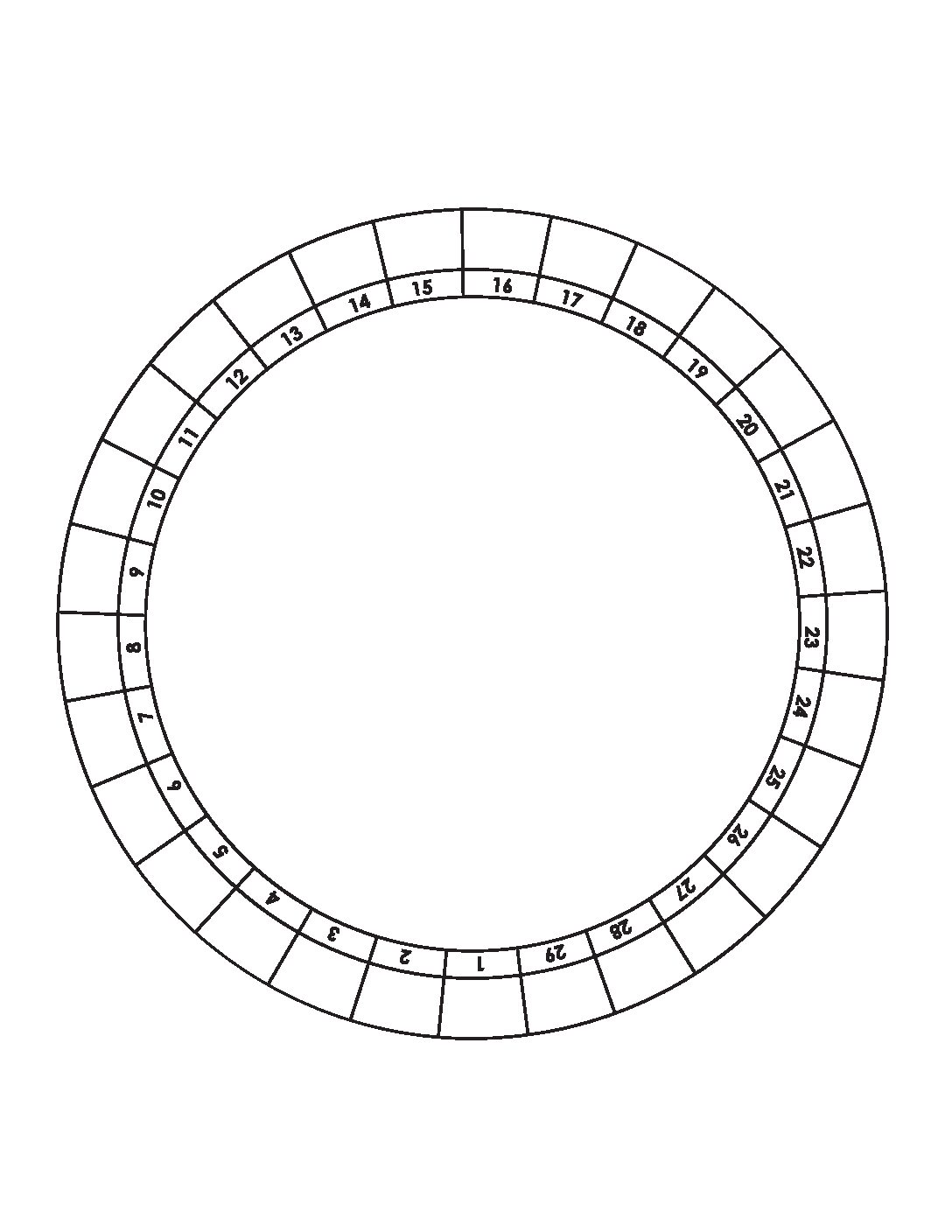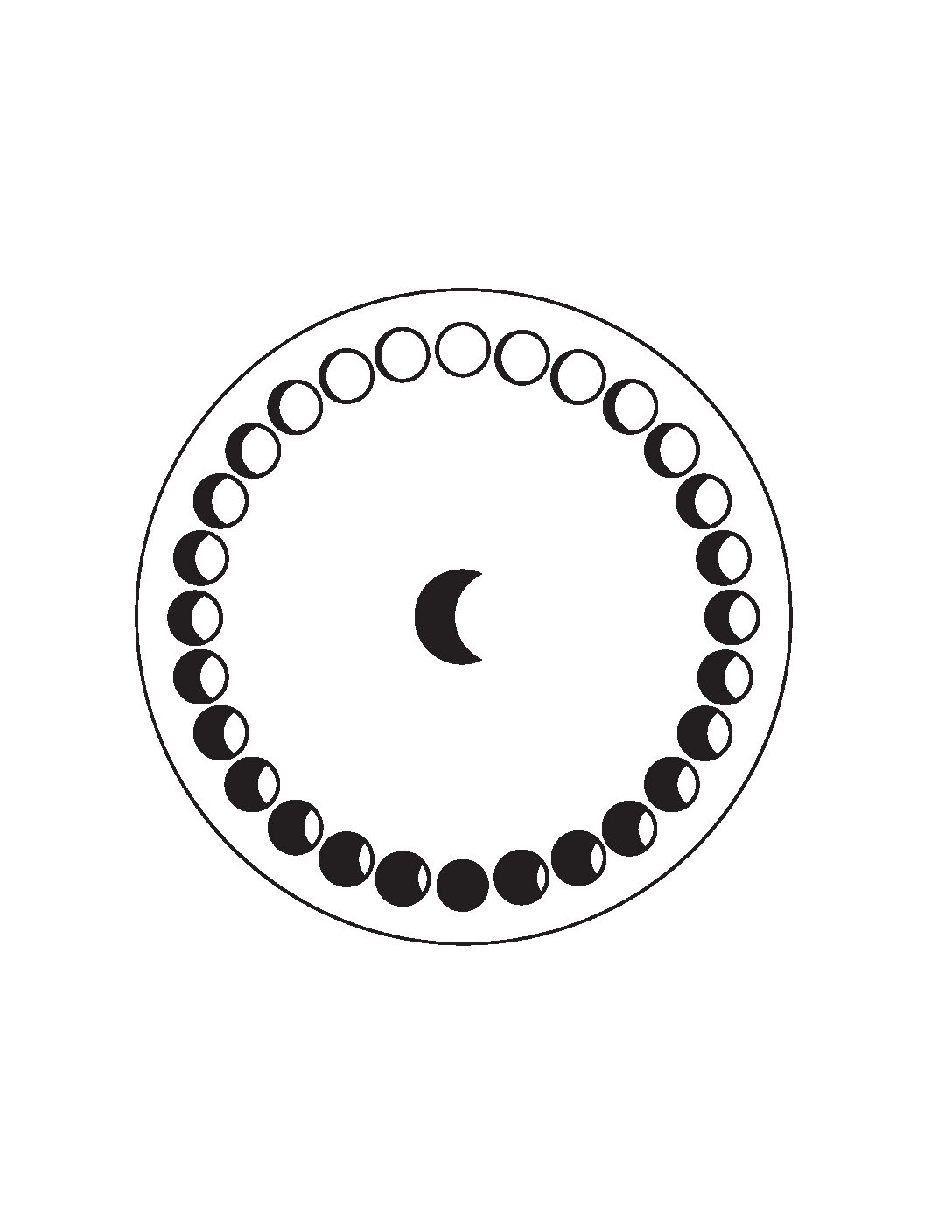Courses
Online Courses
Empowered Sexuality
We all want satisfying relationships filled with pleasure right? But to try and "get there" we undermine our personal power and lack the confidence to ask for what we need or enjoy. This course helps students lift up the cultural container to allow space and freedom from cultural assumptions, advertisements, media and religion that can hold us back from seeing our beauty and value.
Orrienting from this place of value we unpack puberty, the awe of life-making, pleasure, sexual attraction, consent and responsibility.
This collection of 20 classes allows for students anywhere in the world to (either in groups or as individuals) access important information on how to approach love making, romance, relationships and pleasure, from a healthy, body-loving and self-loving place.
.......................................................
In the early 2000's I taught a sex education class called Radical Vagina 101; Sex Ed through a Female Lens, to teens at Holden High. When an older student shared with me that his first sexual experience was really positive I grasped just how important this work was for the world.
I continued being safe resource for all the young people in my life who were nearing the beginning of their sexual lives. Many adults abandon young people around this topic because it brings up their own discomfort with the subject. I prefer to lean into it and be of service to the generations stepping out of childhood and into their adult lives. I envision them strong, having voice, being responsible, enjoying their bodies, enjoying their lovers and having their sexual lives be a consistant place of recharge for their whole being.
This collection of work was inspired by a student at The Open School and I'm very happy to have finally completed it for her.
Legacy of Fear
In these modules you will learn all about the Legacy of Fear & Pain in U.S. culture and how to move past and through fear to have an empowered birth from Chantal Molnar RN, IBCLC, Midwife and Producer of The Milky Way and Miré Molnar.
Here also will be information on new ways of approaching an emergency pivot in your birth journey and how to reframe life saving C- Sections if needed. Learn to view your experience as sacred, special and part of your ShaMomic initiation!
.......................................................
This is a collaboration with my mother, Chantal Molnar, producer of The Milky Way Movie.
The Labor Path
In these modules you will learn all about the phases of labor from Chantal Molnar RN, IBCLC, Midwife and Producer of The Milky Way and Miré Molnar.
Here also will be information on new ways of approaching these phases, ways that empower and ways that transform. Learn to view your labor phases as part of your ShaMomic initiation!
.......................................................
This is a collaboration with my mother, Chantal Molnar, producer of The Milky Way Movie.
Metaformic Theory Class - Supportive Materials
The following materials support my Metaformic class held in-person. Please download materials as needed.
disappeared in the past decades, a few groups in South India continue to celebrate menstruation. The state of Kerala on the southwest coast has powerful goddess traditions and continuing menstrual customs despite modernization. Living in neighborhoods in Thiruvanathapuram, Kerala for four and a half months o f fieldwork, I interviewed women and filmed devi rituals in several parts of the state. The study compares contemporary
menarchal customs, and more especially those from prior to the twentieth century, with rites of goddess Bhagavati, Bhadrakali, Mariamma and others.
The correlations I found affirm that goddess traditions appear to be rooted in the menarche celebrations of Kerala’s diverse communities. Also, certain powerful rites that connect devotees with forces of nature can be interpreted as using metaphors (what I call metaforms) derived from and related to, menstrual rituals. The study deepens my theory, especially with new understanding of shakti, and reinforces crediting women’s cultural
contributions as well as making connections between women’s and men’s rituals. The study critiques some of Darwin’s ideas, and the work of Marija Gimbutas, and supports earlier work of Indian women, such as Pupul Jayakar. Additionally, the application opens my metaformic theory out to possible explanations of differences among people, and ideas furthering cross-cultural understandings.


